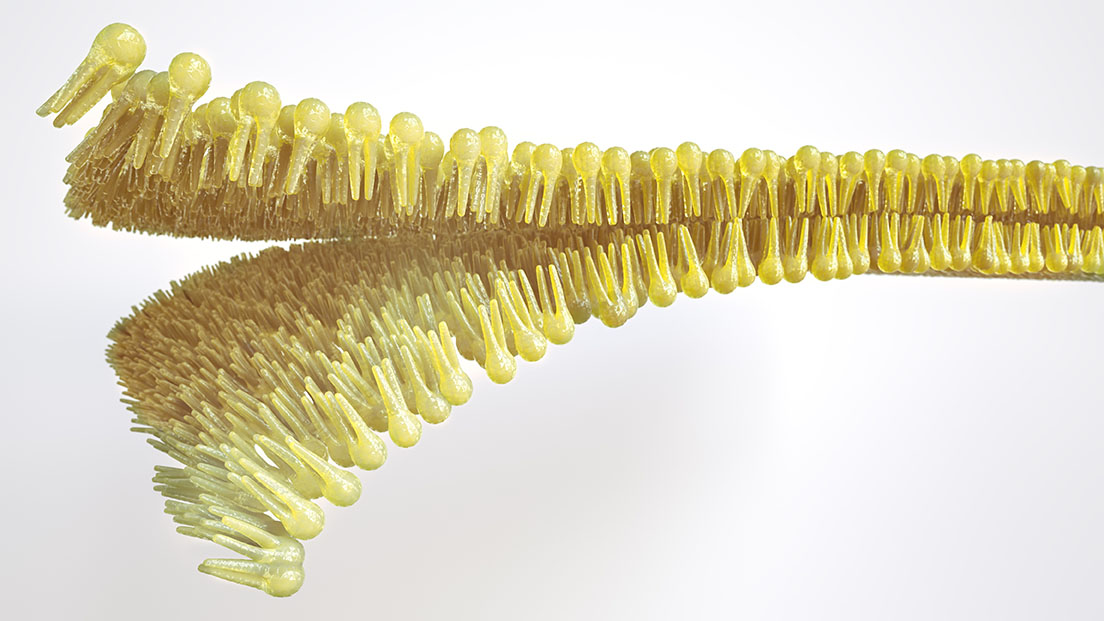

Lipids are a group of molecules that are made up of fat. They are found in all living things, including animals, plants, and bacteria. Lipids are important for many things, including storing energy, building cell membranes, and protecting organs.
There are many different types of lipids, but they all have one thing in common: they are insoluble in water. This means that they do not dissolve in water, but they do dissolve in other solvents, such as oil.
Lipids are important for our bodies. They help us to store energy, build cell membranes, and protect organs. They are also important for our brains and nervous systems.
Fat: A type of lipid that is solid at room temperature.

Noun: Lipid is a general term for a class of organic compounds that are insoluble in water but soluble in organic solvents. Lipids are essential components of all living cells and play a variety of roles, including energy storage, insulation, and signaling.
Adjective: Lipid can also be used as an adjective to describe something that is made of lipids. For example, a lipid membrane is a membrane that is made of lipids.
Verb: To lipidate is to add lipids to something. For example, to lipidate a cell is to add lipids to the cell membrane.
The word "lipid" comes from the Greek word "lipos", which means "fat". It was first used in English in the 19th century.
The Greek word "lipos" is related to the Latin word "lipa", which also means "fat".
What is a lipid?